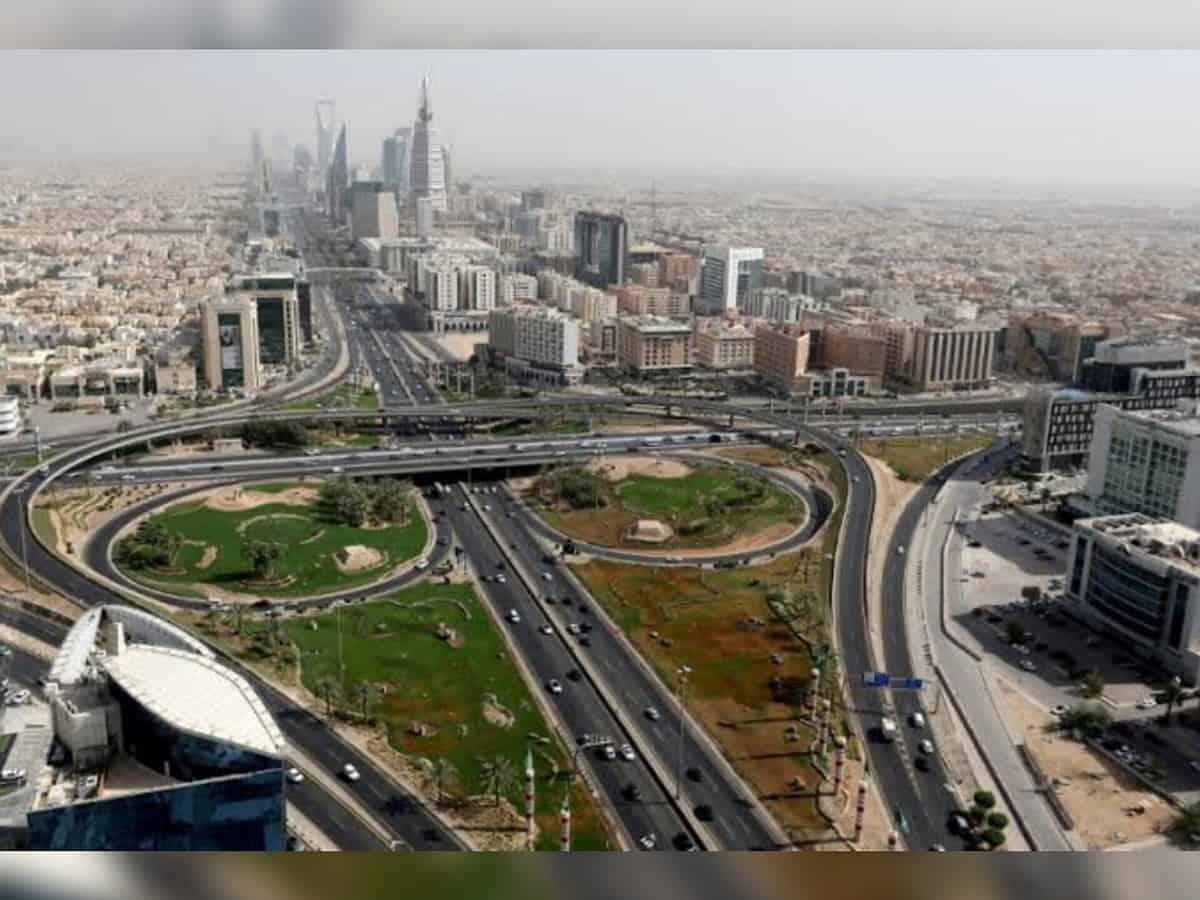
Riyadh: Hiring at companies in the Kingdom of Saudi Arabia’s non-oil sector rose at its strongest pace in almost five years in December.
Companies sought to increase their staffing capacities in response to increased sales and increased demand, according to a survey of purchasing managers compiled by S&P Global and published on Tuesday, January 3.
The revised Riyad Bank Purchasing Managers’ Index (PMI) fell to 56.9 in December from 58.5 in November, but it is still well above the 50 mark that separates growth from contraction.
Despite the decline in the reading to its lowest level in three months since September, the figures showed that employment in the non-oil sector increased in December at the highest pace since January of 2018.
At same time, new order flows rose sharply, with 30 per cent of firms surveyed reporting growth in December compared to November.
“Job creation in the non-oil sector has never been this strong in almost five years. This is attributed to the ongoing reforms that support the private sector under the Saudi Vision 2030,” said Naif Al-Ghaith, chief economist at Riyad Bank in a press release.
“We see operating conditions remaining favourable in December, characterised by rapid growth in the non-oil activities and a robust labour market by the end of 2022, with both jobs and wages having far more momentum than previously thought.”
In December 2022, Saudi Finance Minister Mohammed Al-Jadaan said that Saudi Arabia’s preliminary estimates for 2023 indicate a real GDP growth rate of 3.1 per cent, after an expected expansion of 8.5 per cent last year, as the government approved the budget for this year.
Saudi Crown Prince Mohammed bin Salman said in December 2022, that the kingdom will continue spending on major projects and programs related to the Vision 2030 economic transformation plan that seeks to diversify the largest economy in the Arab world and reduce its dependence on hydrocarbons.
The Vision 2030 program aims to boost manufacturing, tourism, technology and entertainment industries in the Kingdom and open capital markets to foreign investors.



